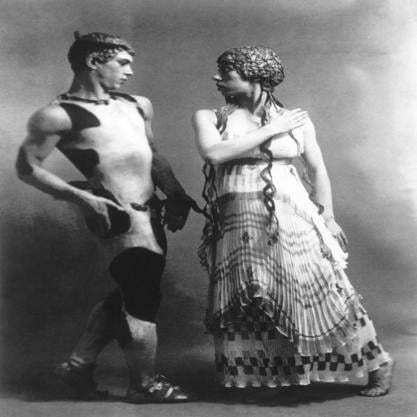Article
Besant, Annie (1847–1933) By Haffey, Hailey
Article
Born Annie Wood, Annie Besant was an English political activist and spiritualist with Irish heritage. She married British clergyman Frank Besant in 1867; they separated in 1873 largely because of religious differences. Besant became increasingly critical of orthodox Christianity, evident in her pamphlet, ‘On the Deity of Jesus of Nazareth’. Besant met Charles Bradlaugh in 1884 after his lecture comparing Krishna and Christ. She then joined Bradlaugh’s National Secular Society and wrote for the group. In 1877, the two were prosecuted for publishing Charles Knowlton’s book on contraception. She founded the Malthusian League to promote contraception and became active in the Irish Home Rule cause. A feminist and socialist, Besant joined the Fabian Society in 1885, was involved in the 1887 ‘Bloody Sunday’ labour protests in London, and helped lead the 1888 London Match Girls’ Strike. She gained global prominence after meeting Helena Blavatsky in 1889. Besant quickly ascended the ranks of the Theosophical Society and became the society’s President in 1907. After travelling to India in 1893, Besant immigrated, co-founded the Indian Home Rule League, and joined the Indian National Congress, out of which emerged Mohandas K. Gandhi’s successful struggle against the Raj.


